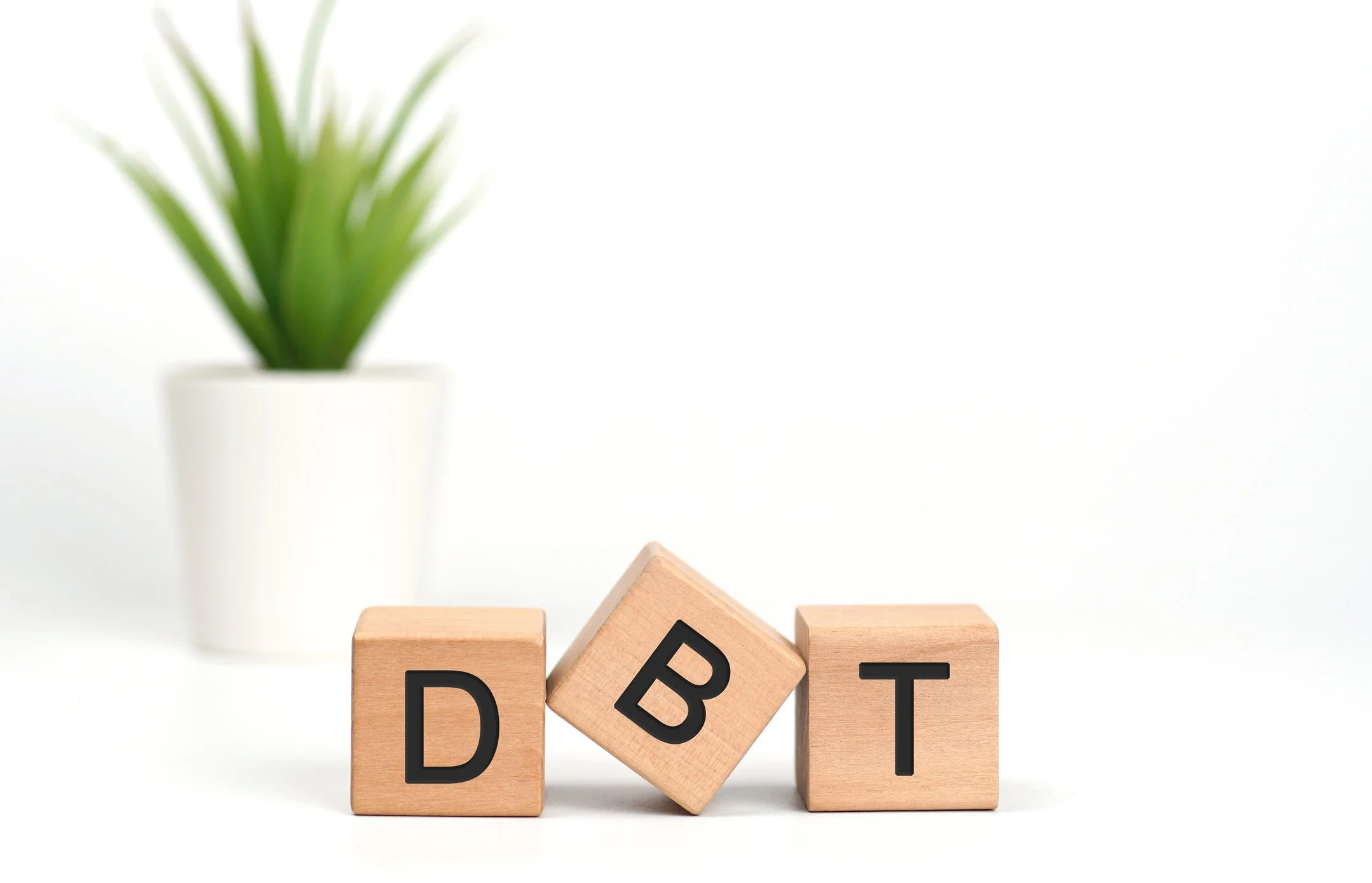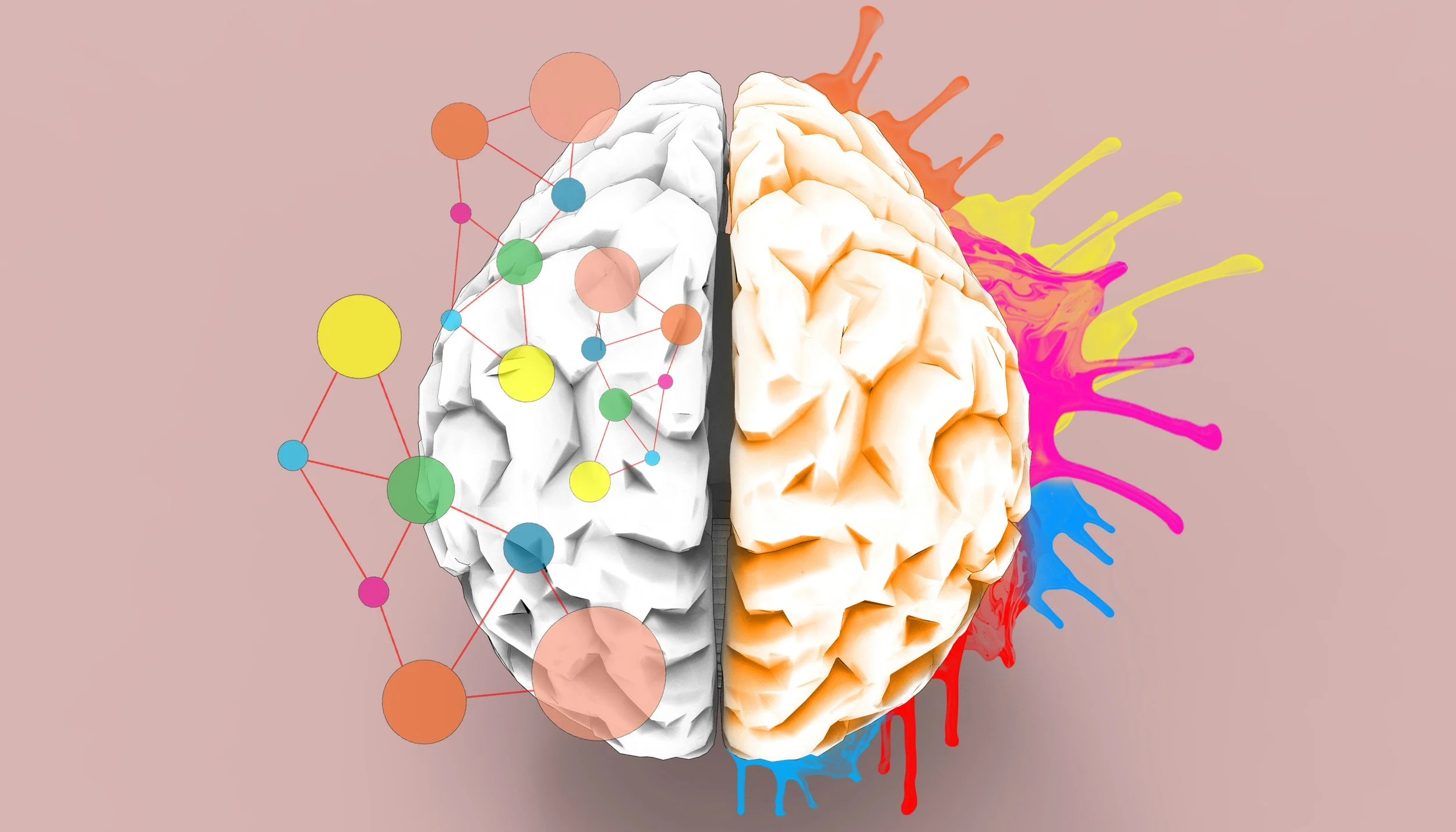Understanding DBT: Core Skills for Supporting High-Risk Teens
Throughout my years in practice, I’ve discovered that Dialectical Behavior Therapy (DBT) provides a remarkably effective way for teens to handle intense emotions, build relationships, and cultivate healthier coping strategies. For parents of teens facing significant challenges, grasping the essential skills of DBT can play a crucial role in helping your child thrive in therapy.
In this blog, I’m excited to dive into four key areas of DBT: mindfulness, distress tolerance, interpersonal effectiveness, and emotional regulation. Let’s unpack these concepts together! My goal is to offer you valuable insights that will help you grasp what your teen is experiencing and how you can actively engage in their journey toward healing.
Being Mindful; Embracing the Now
Mindfulness helps teens learn to remain connected to the here and now. High-risk teens often struggle with racing thoughts, overwhelming emotions, or patterns of avoidance, making it difficult for them to stay connected to the present moment. Mindfulness techniques support teens in becoming more aware of their thoughts, feelings, and bodily sensations, empowering them to respond thoughtfully instead of reacting impulsively.
Mindfulness invites teens to tune into the present moment, whether it’s by concentrating on their breath, observing their surroundings, or identifying their feelings. By taking this approach, they can break the cycle of negative thoughts or behaviors driven by emotions. For example, a teen who feels overwhelmed by academic pressure might practice a mindful breathing exercise to calm their anxiety before taking a test. The key is learning how to observe without judgment, fostering a sense of acceptance rather than resistance to their experience.
As parents, modeling mindfulness in your interactions with your teen can be powerful. By staying engaged in tough discussions and managing your own feelings, you foster a sense of safety and stability that inspires your teen to follow suit.
Managing Distress; Cultivating Strength During Challenging Times
Distress tolerance focuses on helping teens cope with difficult emotions or situations without resorting to harmful behaviors such as self-harm, substance use, or aggressive outbursts. Many teens facing significant challenges often have intense emotional reactions to stress, which can leave them feeling overwhelmed and powerless. Distress tolerance skills help teens build their ability to handle tough emotions in positive and constructive ways.
One important aspect of distress tolerance is the notion of radical acceptance. This means embracing reality just as it is, without the urge to alter it or wish for something different. For teens, this can be particularly challenging, as they often feel helpless or trapped in painful situations. Embracing the things we can't change, while discovering effective coping strategies, truly fosters emotional strength.
For example, a teen may struggle with feelings of rejection after a conflict with friends. Instead of expressing their feelings through anger or hopelessness, learning distress tolerance skills can help them find healthier outlets, such as engaging in a hobby or calming themselves with soothing activities like enjoying a warm bath or listening to their favorite music. These skills help teens endure emotional storms without making impulsive decisions they might later regret.
Parents can support the development of these skills by validating their teen’s emotions and modeling acceptance during stressful situations. Showing empathy while also encouraging your teen to use healthy coping mechanisms strengthens their ability to manage crises on their own.
Building Strong Connections; Approaching Relationships with Assurance
Young people frequently face challenges in their relationships, whether it’s with friends, family, or those in positions of authority. Interpersonal effectiveness skills help teens learn to express their needs, establish boundaries, and handle conflicts in healthier and more constructive ways. For high-risk teens, relationships can be fraught with miscommunication, rejection, or feelings of inadequacy, which can trigger emotional outbursts or withdrawal.
DBT’s interpersonal effectiveness module focuses on balancing priorities with relationships, helping teens express their needs clearly while maintaining respect for others. One key part of these skills is discovering how to say no without feeling guilty or resentful, along with learning how to ask for what they need in a way that is both appropriate and effective.
For instance, a teenager may find it challenging to communicate their desire for some personal space after a hectic day at school, worried that it might disappoint their parents. By developing their interpersonal skills, they can express their need for space in a way that encourages understanding and minimizes the chances of conflict. Parents can strengthen these skills by engaging in active listening and fostering open communication, allowing teens to feel valued and understood.
Emotional Regulation; Responding Rather Than Reacting
Emotional regulation is one of the most important skills for high-risk teens, as it helps them understand and manage intense emotions that might otherwise feel overwhelming. It's common for teens to struggle with recognizing their feelings, and even more challenging for them to react to those emotions in a constructive manner. Helping teens with emotional regulation allows them to identify and name their feelings more effectively, while also giving them tools to manage their reactions.
At the core of emotional regulation is the ability to slow down and create space between feeling and action. Instead of slamming the door or yelling, a teen who feels angry after an argument with a parent could learn to pause, figure out what's making them angry, and then choose a less measured response, like going for a walk to calm down.
Parents play a critical role in helping their teens practice emotional regulation by modeling calmness and offering constructive feedback during emotional episodes. By guiding teens to identify their feelings and motivating them to try out various coping techniques, parents can foster emotional understanding and self-control in their kids.
Final Thoughts; Partnering with Your Teen in DBT
As parents, grasping the essential DBT skills of mindfulness, distress tolerance, interpersonal effectiveness, and emotional regulation allows you to offer the support and encouragement your teen requires while they strive for healthier methods of managing their emotions and relationships. DBT equips teens with essential tools to tackle challenges with confidence and resilience. Together, we can help them establish a strong foundation of emotional well-being that will benefit them for a lifetime.


